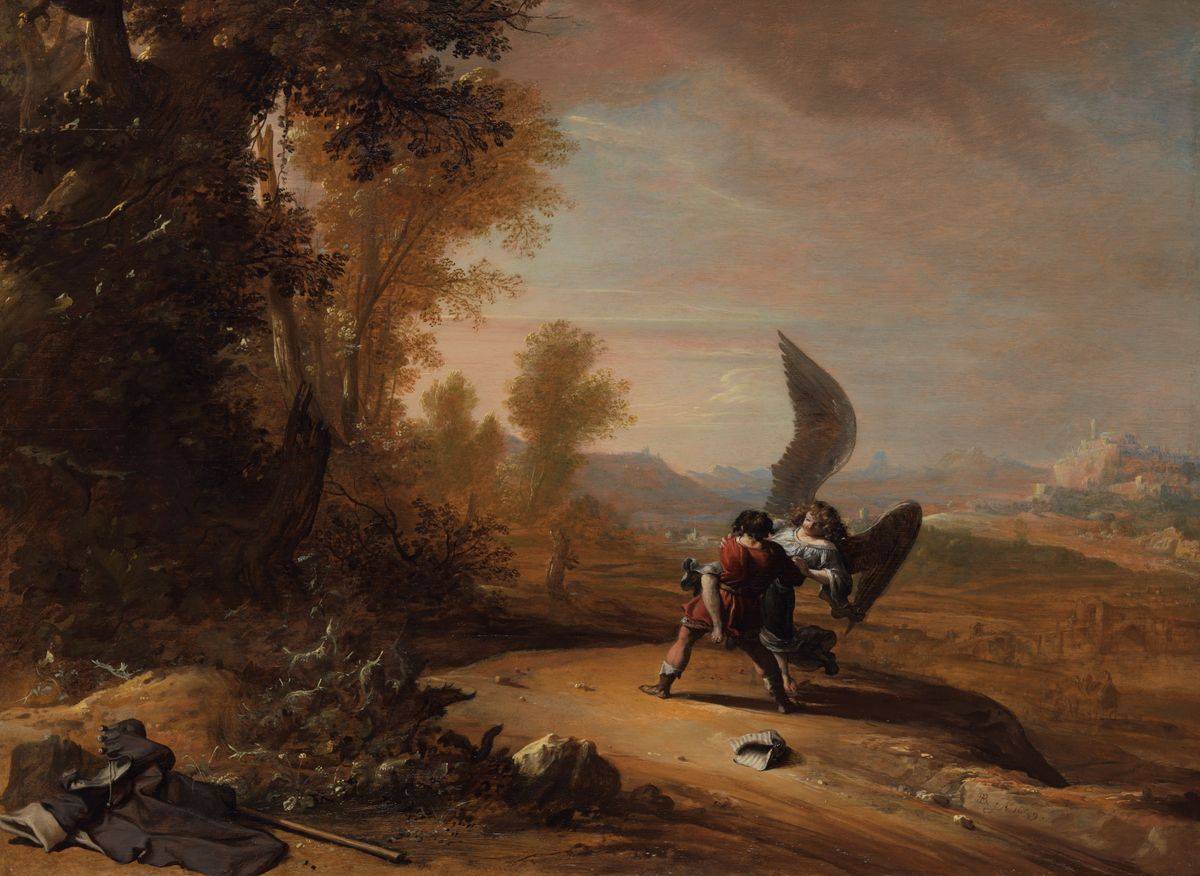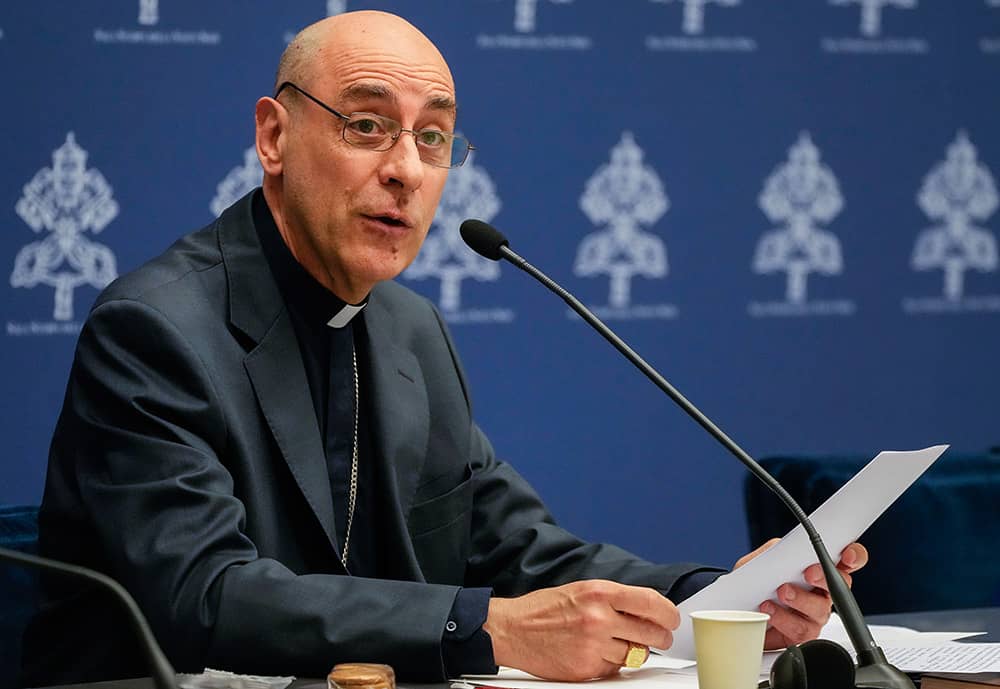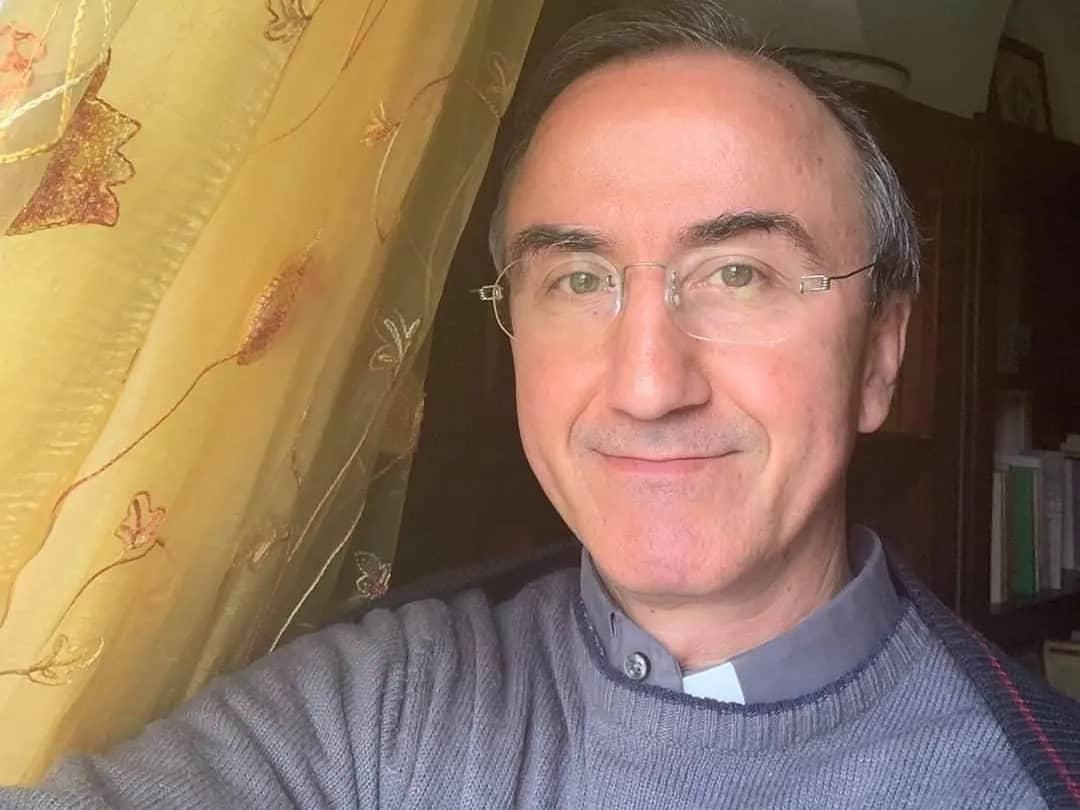NEW YORK – In response to the nation’s immigration crisis Iowa’s Catholic bishops have taken aim at both state and federal lawmakers, calling on the former to seek alternatives to a new law that allows the state to deport undocumented immigrants back to their home country, and calling on the latter to “do their job” and a find a solution.
On April 10 Iowa Gov. Kim Reynolds signed into law SF 2340 – a law that makes it a crime for undocumented immigrants to enter, attempt to enter, or be found in Iowa if they have previously been deported or barred from entering the United States. If arrested under the law, a person could be required to return to the foreign nation they came from.
If a person refuses to return from where they came, they will be charged with a felony.
In a May 1 joint statement, the bishops of Iowa said they opposed the law because it focuses on punitive sanctions, undermines family unity, reduces humanitarian protections, and doesn’t provide any sort of solutions for long-time residents without legal status.
Further, the bishops lament that the law would allow state officials to prosecute an individual for state immigration crimes, even if that person’s application for immigration relief is pending before federal authorities, or they have received federal authorization to be present. They also highlight that state and local officials have little training in interpreting federal immigration law.
“We ask officials to ensure the protection of human rights and dignity of the persons involved,” the Iowa bishops said in the statement, published through the Iowa Catholic Conference. “Families should receive special consideration and not be separated.”
The statement is signed by Archbishop Thomas Zinkula of Dubuque, Bishop R. Walker Nickless of Sioux City, and Bishop William Joensen of Des Moines. The statement is also signed by Father Kenneth Kuntz, the diocesan administrator of Davenport.
Under the new law, a police officer may not arrest or detain anyone under this law if they are on certain premises or grounds, including those of a church, synagogue, or other established places of religious worship. Tom Chapman, the executive director of the Iowa Catholic Conference, told Crux May 6 that the dioceses are aware of this aspect of the law, but unclear about how that might impact the dioceses’ response.
In a statement, Reynolds said the law is a direct response to the Biden administration’s inability to secure the border, and enforce the nation’s immigration laws. Although numbers have started to slightly drop, U.S. Customs and Border Protection data shows that there were more than 555,000 southwest land border encounters in the first three months of the year.
“The Biden Administration has failed to enforce our nation’s immigration laws, putting the protection and safety of Iowans at risk,” Reynolds said. “Those who come into our country illegally have broken the law, yet Biden refuses to deport them.”
“This bill gives Iowa law enforcement the power to do what he is unwilling to do: enforce immigration laws already on the books,” Reynolds continued.
The Justice Department has threatened to sue Iowa over the new law, giving them until today to suspend its enforcement. The law is scheduled to go into effect on July 1.
In their statement, the Iowa bishops also address Congress’s inability to pass immigration reform. They acknowledge that Catholics may disagree on how to approach reforming the immigration system, but ask lawmakers in Washington D.C. to “resist easy answers and do their job.”
“As the Iowa Catholic Conference said decades ago, we again ask for ‘border protection policies that are consistent with humanitarian values and with the need to treat all individuals with respect, while allowing authorities to carry out the critical task of identifying and preventing entry of terrorists and dangerous criminals,” the bishops said.
“As we remember our history as immigrants in Iowa, let us work together towards a fair and compassionate resolution of our challenges with migration,” the bishops continued.
Follow John Lavenburg on X: @johnlavenburg
















